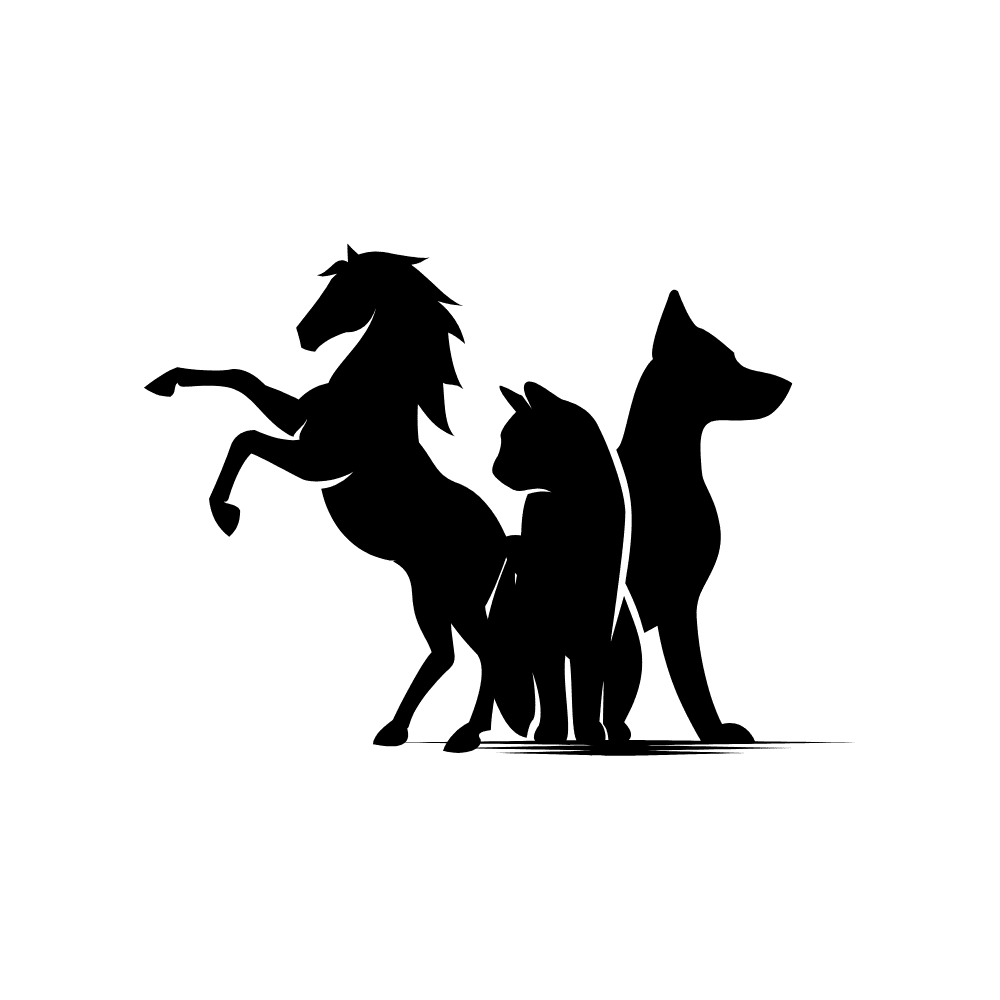There are several situations in which you should call your horse vet for medical advice or treatment. Some examples include:
Emergencies: If your horse has an emergency, such as an injury, sudden illness, or change in behavior, you should call your vet right away. The sooner your horse receives medical attention, the better the chances of a successful outcome.
Significant changes in behavior or appearance: If you notice any significant changes in your horse’s behavior or appearance, such as lethargy, loss of appetite, or lameness, it’s a good idea to call your vet for advice. These changes could be signs of an underlying health issue that needs to be addressed.
Before administering medication: If you need to give your horse medication, it’s a good idea to call your vet first. Your vet can provide guidance on the proper dosage and administration of the medication, as well as any potential side effects or interactions with other medications.
Before traveling: If you’re planning to travel with your horse, it’s a good idea to call your vet in advance to discuss any health concerns or precautions you should take. Your vet can also provide guidance on things like feeding and watering during travel, as well as any necessary vaccinations or other preventative care.
Overall, if you have any concerns about your horse’s health or wellbeing, it’s always a good idea to call your vet for advice. By staying in touch with your vet and seeking medical attention as needed, you can help ensure that your horse stays healthy and happy.
Here are a few more things to consider when it comes to when to call your horse vet:
Before starting a new exercise program: If you’re planning to start a new exercise program with your horse, it’s a good idea to call your vet first to discuss any potential health concerns or precautions you should take. Your vet can provide guidance on things like the appropriate intensity and duration of exercise for your horse, as well as any necessary warm-up and cool-down routines.
Before making changes to your horse’s diet: If you’re planning to make any changes to your horse’s diet, such as introducing new types of feed or supplements, it’s a good idea to call your vet for advice. Your vet can help ensure that the changes you’re making are appropriate for your horse and that there are no potential health risks.
Before breeding your horse: If you’re considering breeding your horse, it’s a good idea to call your vet in advance to discuss any health concerns or precautions you should take. Your vet can provide guidance on things like the timing of breeding, the health of the mare and stallion, and the overall suitability of your horse for breeding.
By staying in touch with your vet and seeking medical advice as needed, you can help ensure that your horse stays healthy and happy.



